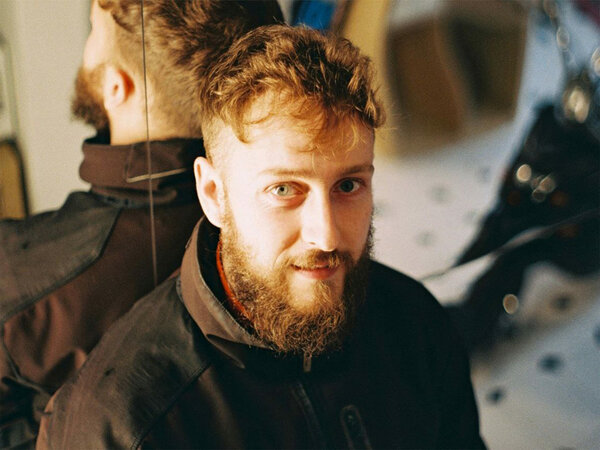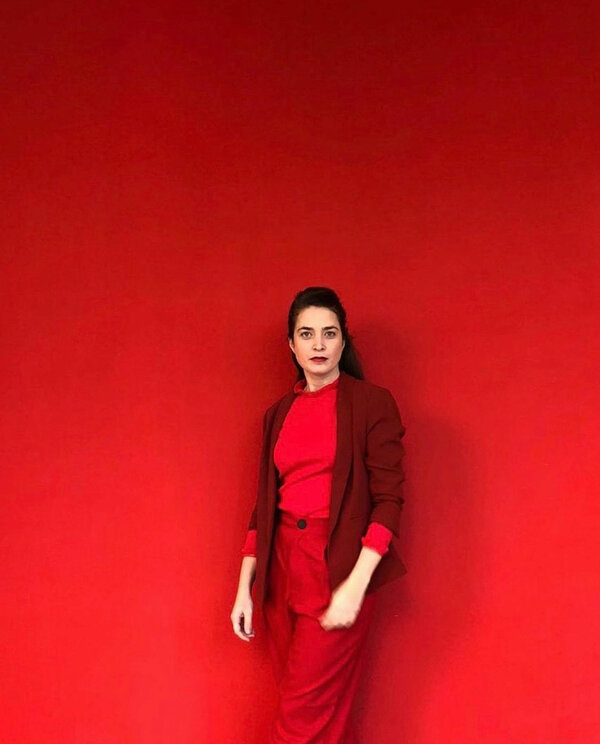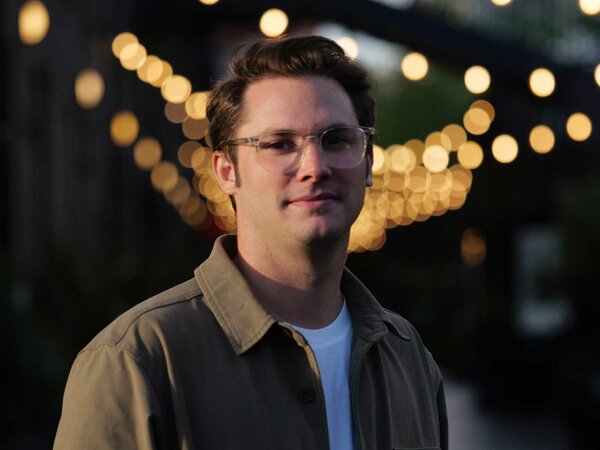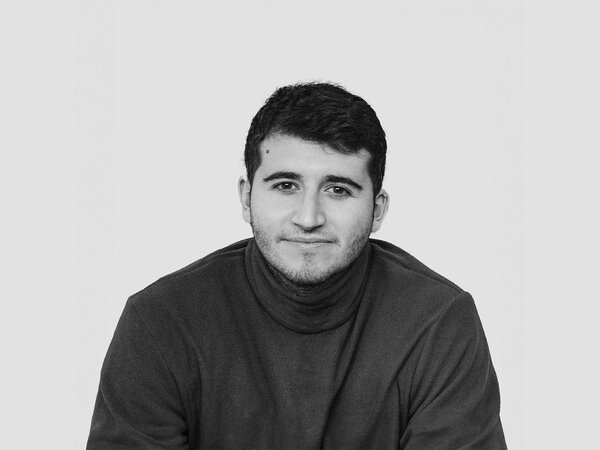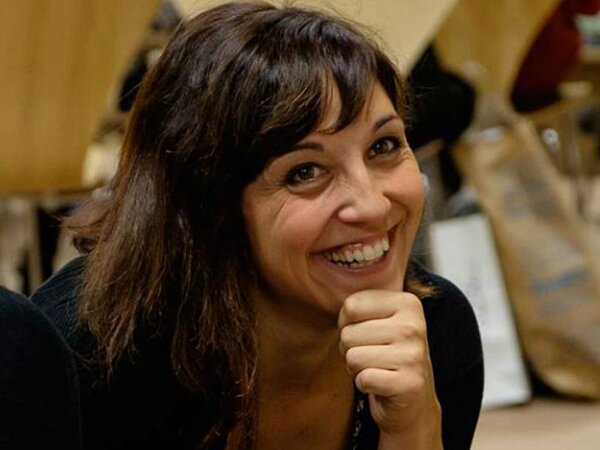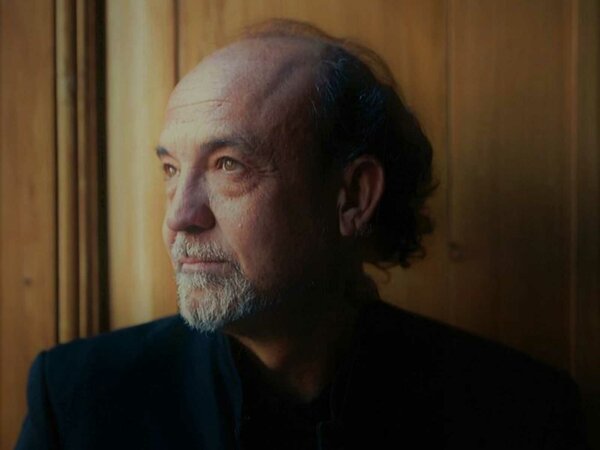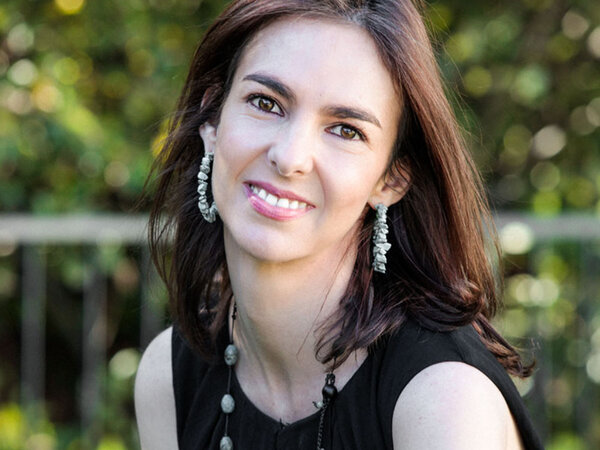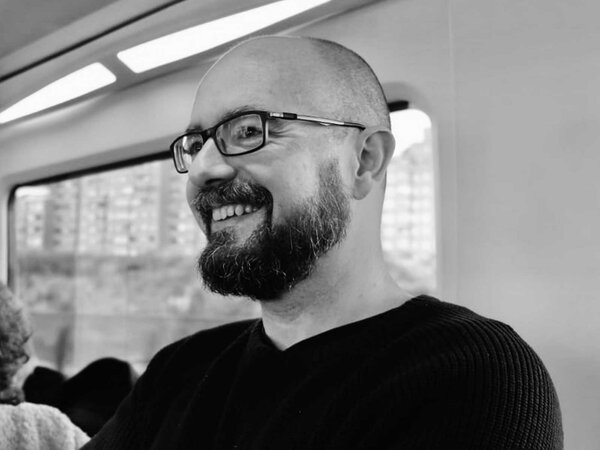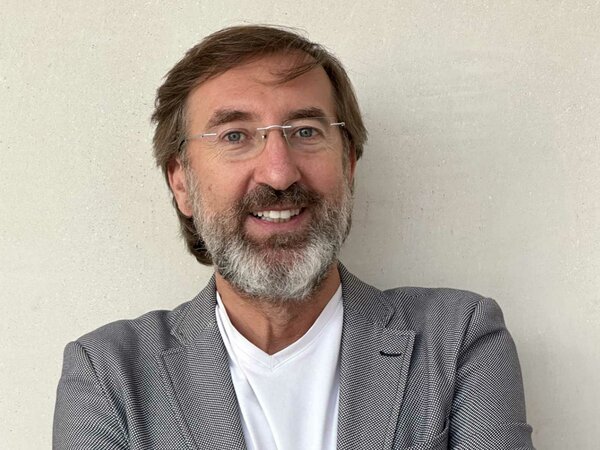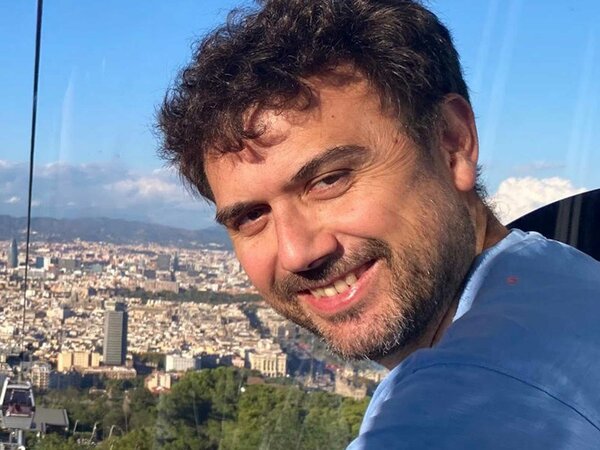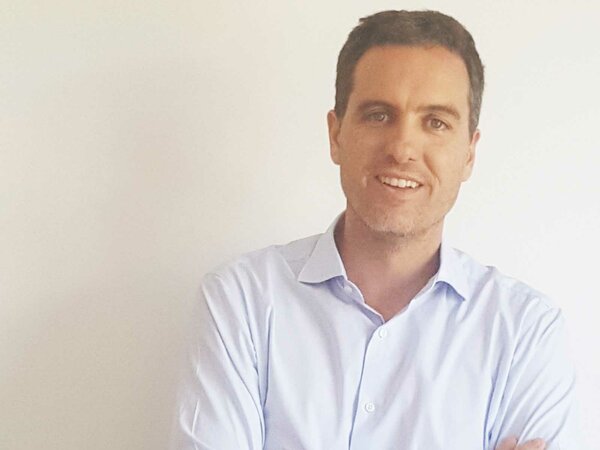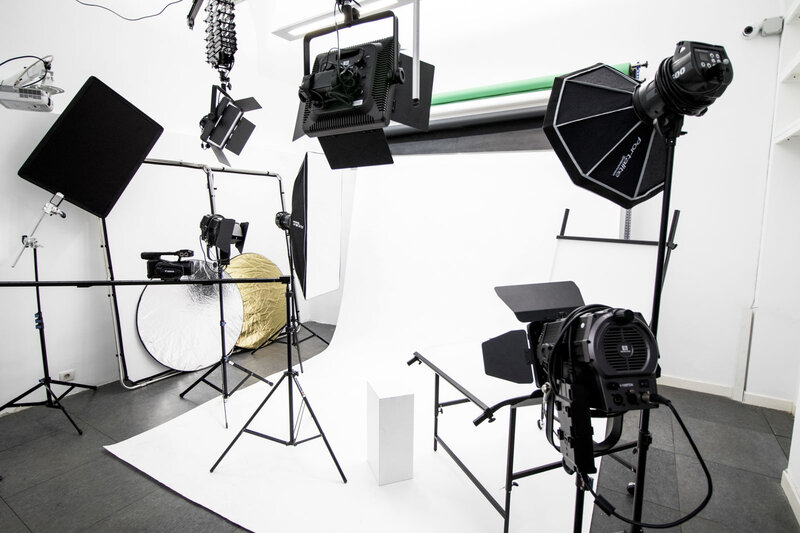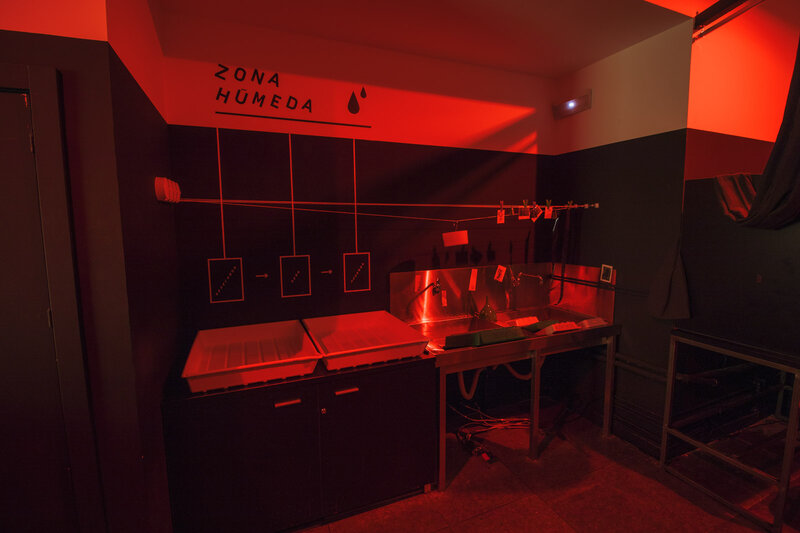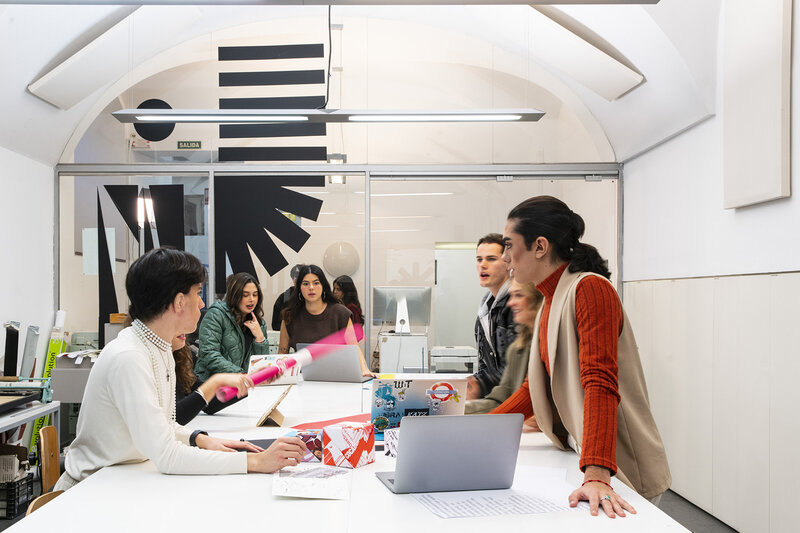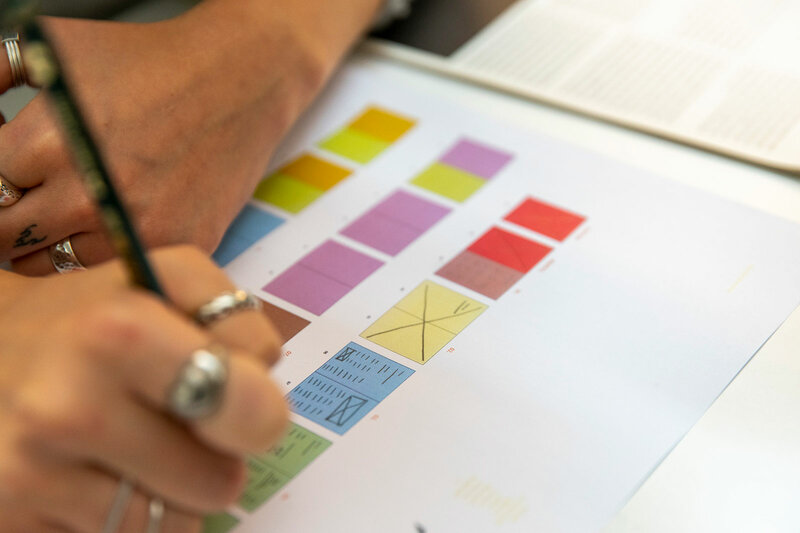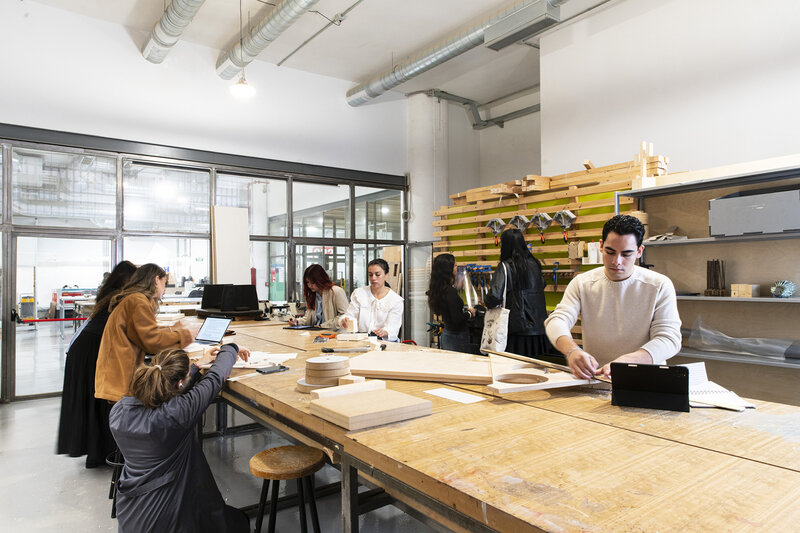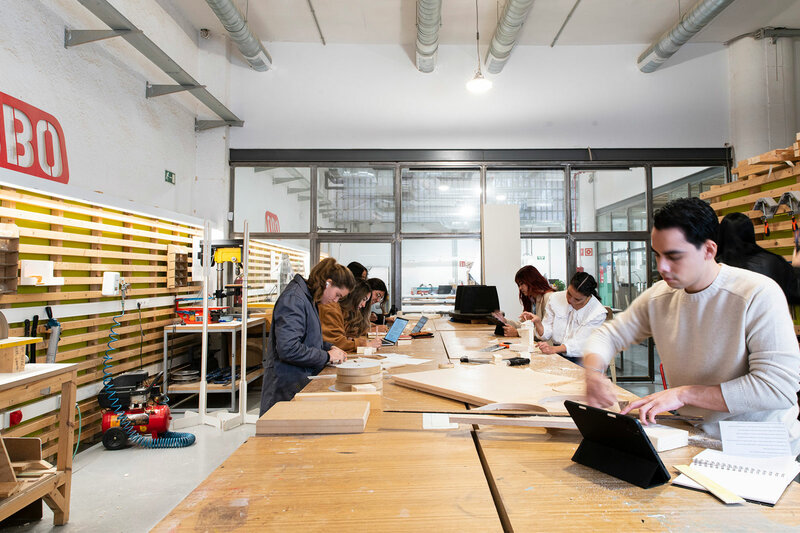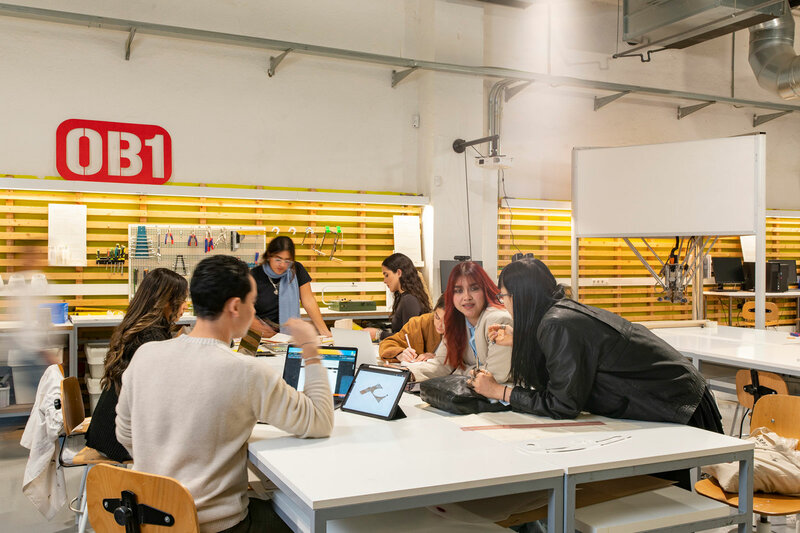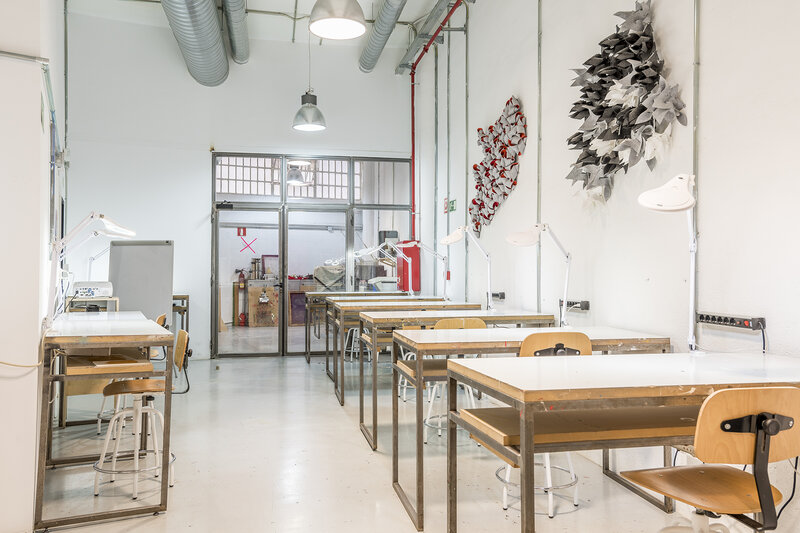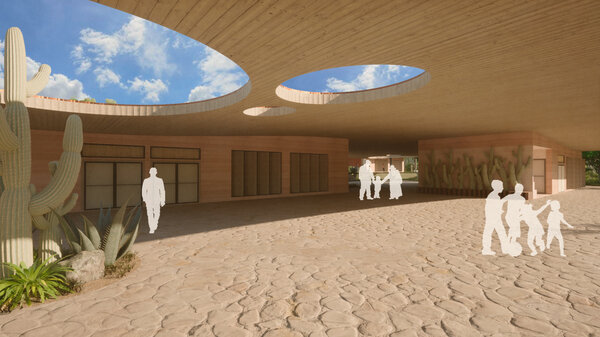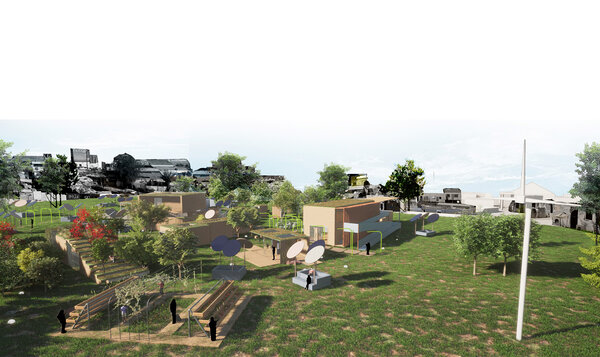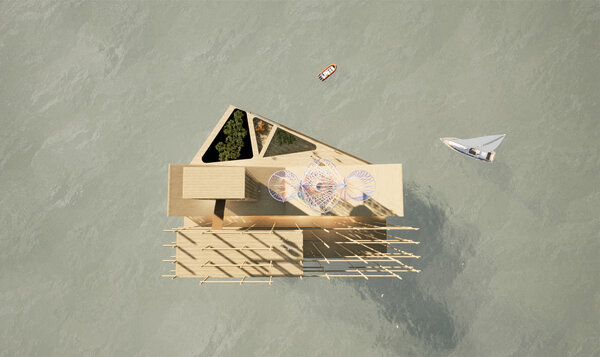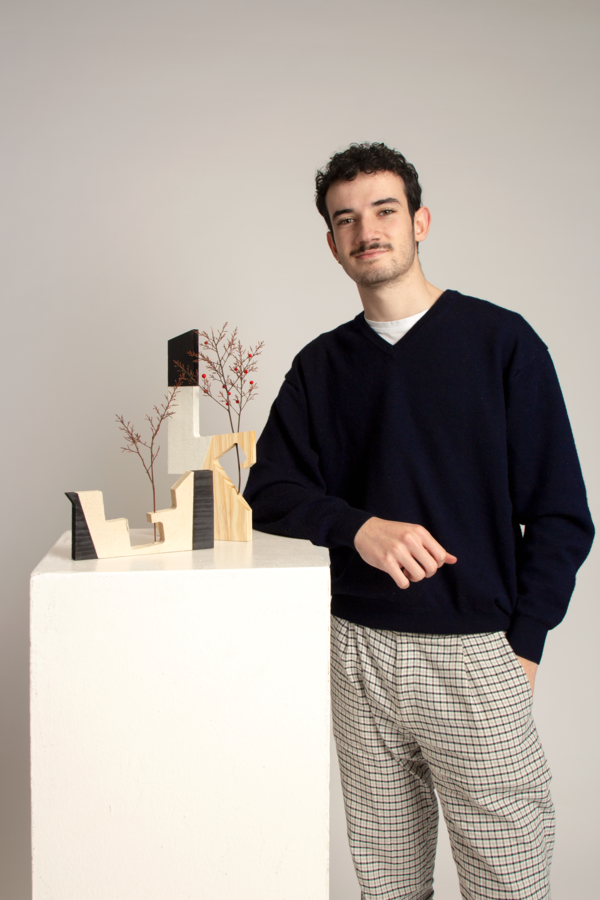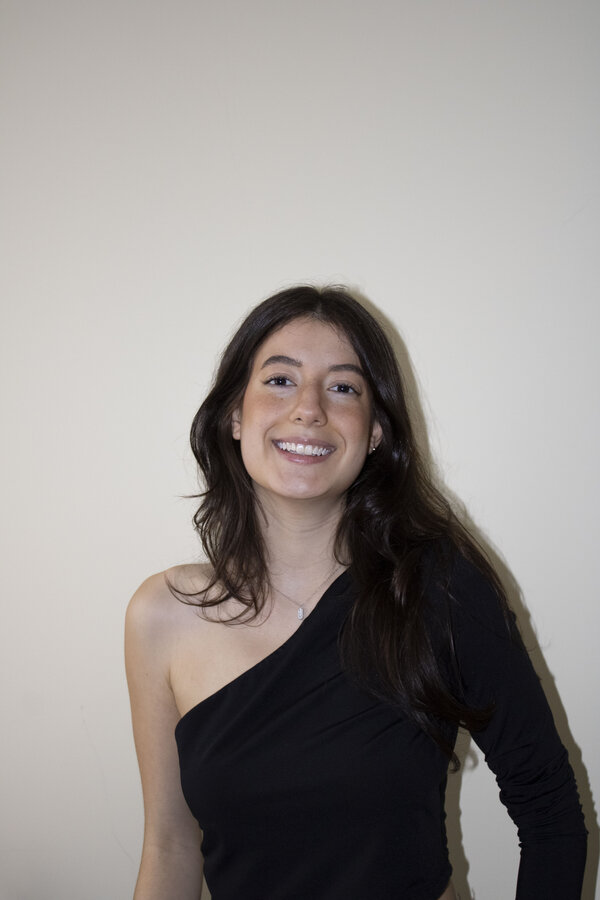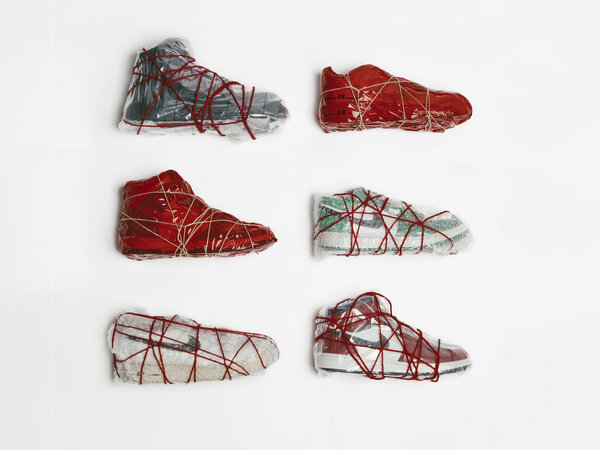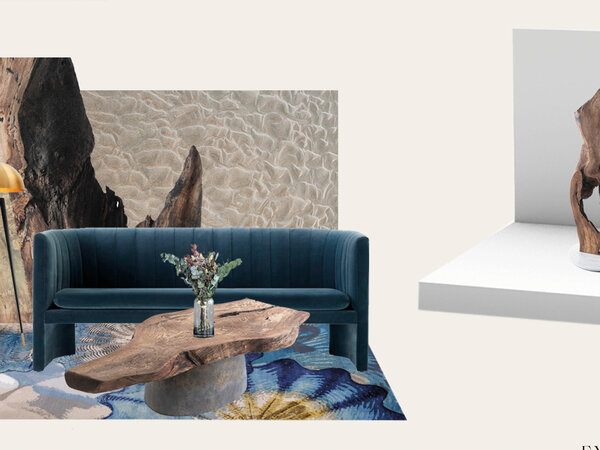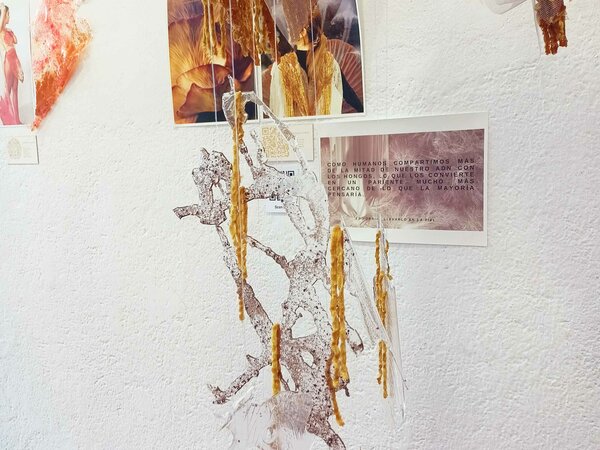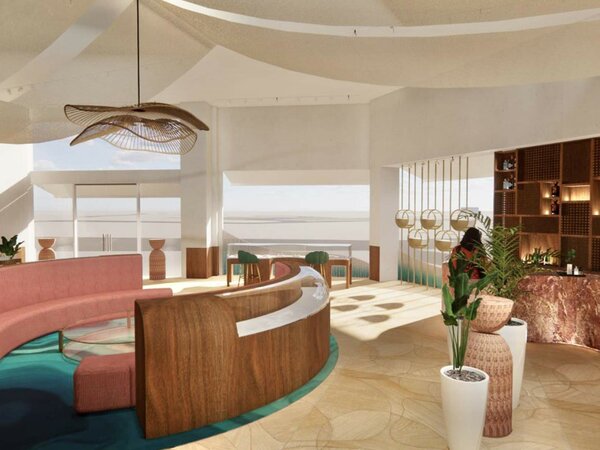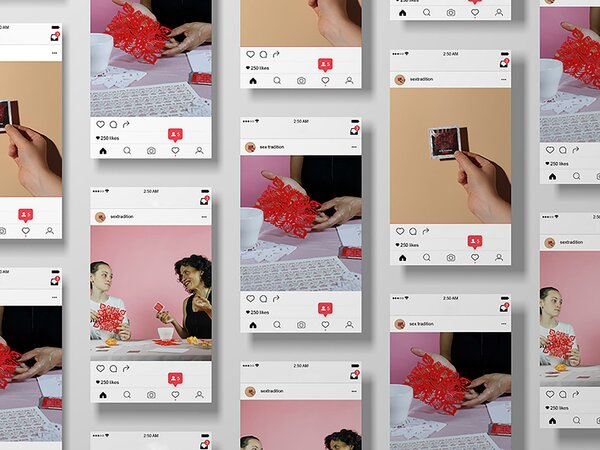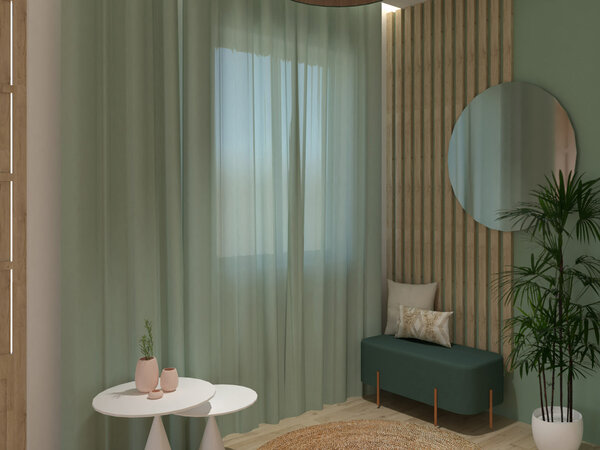
Interior Design
Design unforgettable spatial experiences that combine your personal touch with the needs of users and commitment to sustainability
ESP
|
ENG
Language
Spanish, English
Start date
September 2025
Frequency
Full time
Fruition
On campus
Duration
4 Years
Credits
240 ECTS
A bilingual degree that will allow you to acquire the technical and soft skills most in demand by the market to define future scenarios
The Bachelor of Arts in Interior Design prepares you to design all types of experiences in space, both physical and virtual, integrating and enhancing your creative interests from an ethical and sustainable perspective.
Choosing this degree means betting on a profession that is highly in demand in the market to define new scenarios—work environments, spaces linked to mobility, leisure or culture, homes, hotels, restaurants, shops and commercial spaces —that promote positive social values and respect the environment.
You will tackle a wide variety of projects, many of them in collaboration with companies: residential, commercial and retail, restaurants, hospitality and tourism, offices, fairs and events, culture, wellness space, public space, space for children, virtual space…
Along with the development of your own professional identity, this program promotes the international dimension of your profile: it is a bilingual proposal, starting from the very first year with subjects taught in English, as well as the work experience and the Final Project.
Thanks to the guidance of a teaching team of active professionals, you will be actively involved in your learning through practice in workshops. Among them, the Fab Lab, dedicated to prototyping, production and experimentation with different processes, tools and materials.
At the end of your training, you will have a portfolio that will be your best letter of introduction to the labour market, since it will not only include your projects, but also your evolution and your identity as a design professional.
The Bachelor of Arts has a total of 240 ECTS credits divided into four academic years. It is valid throughout the European Higher Education Area and, to all intents and purposes, is equivalent to an official university degree, and accredited by the Agency for the Quality of the University System. This program enables access to official master’s degrees.
IED Madrid: Private Center for Bachelor's Degree in Higher Artistic Education in Design • Order 4391/2011 • Center Number 28073045
Information to decide
Channel your creativity and critical spirit towards the creation of services and experiences that make all types of spaces more comfortable, unique and sustainable.
Throughout four academic years and under the guidance of a team of active professionals, you will delve into all those aspects where the design of experiences in space can respond to new ways of living, working and relating.
Your learning, highly practical and experiential, will gradually grow in complexity and will include both technical skills and knowledge linked to your specialization as well as soft skills and international projection, as the course is bilingual.
Much of your practical training will take place in the Fab Lab, an open laboratory where you can work on your mock ups and models, training in manual techniques, such as ceramics or screen printing, and digital techniques, such as laser cutting or 3D printing.
In addition to the practical work provided for in the curriculum, you can participate in the Design Labs, complementary activities to enhance soft skills or advanced techniques of your interest.
In the last academic year, you will carry out the curricular work experience, as well as prepare a Final Project that will gain visibility on national and international platforms and contests.
For people who are passionate about interior design and want to participate in the creation of more habitable environments and experiences committed to the environment, as well as the positive development of ecosystems.
This bilingual degree in Interior Design will allow you to combine your creative interests and professional goals with your contribution to the great process of positive transformation of our society and environment.
The design of spaces, whether physical or virtual, can be applied in a wide variety of areas, therefore, is in high demand by companies and organizations from all sectors.
You will acquire a very versatile and complete profile, since you will go through the entire design process, from strategic conception, through experimentation and technical development, to communication and management. Additionally, you will work on defining your own identity as a design professional, embodied in a portfolio.
You will also boost your CV with a set of fundamental skills to face any future job: problem solving, sustainable thinking, teamwork, systemic thinking, leadership, strategic vision, communication, and creativity.
Both during school hours and outside of them, you will have many workshops at your disposal where you can work on digital and technological processes, among which the Fab Lab stands out with its infrastructure and tools to develop a complete project, from start to finish.
All of this, at the IED Madrid, part of an international design education network and the only official school of the Madrid Design Festival. In recent years, the centre has won numerous prestigious awards: Best of the Year iF Design Talent Award, Delta ADI FAD Medals, Dubai Global Grad Show, Artsthread Global Graduation Show, James Dyson Award or the MINI Design Award, among others.
Upon completion of your studies, you will be able to apply for a variety of job positions: working as a self-employed professional or for studios, large service or strategic consulting companies, or specializing in the design of spaces for hospitality and retail experience.
Syllabus
What will you learn?
The first year focuses on general design skills, in addition to introducing the methodology of the design process and offering an introduction to digital tools.
DESIGN FUNDAMENTALS
Analysis
Ideation
REPRESENTATION AND COMMUNICATION LANGUAGES AND TECHNIQUES
Sketching. Analysis
Sketching. Communication
Volume
Representation systems
Digital Technology
Colour
SCIENCE APPLIED TO DESIGN
Scientific fundamentals of design
Ecodesign
HISTORY OF ART AND DESIGN
Art history and theory
INTERIOR DESIGN MATERIALS AND TECHNOLOGY
Analysis of construction elements
Digital technology for interior design
INTERIOR DESIGN PROJECTS
Methodology in design
What will you learn?
The acquisition of basic technical skills (sustainable materials and construction systems), the complete development of projects with consolidation of work on a program, topology (spatial relationships), look & feel and user experience are addressed, as well as the understanding of design as a circular system and comfort factors. The management of digital tools is also improved.
REPRESENTATION AND COMMUNICATION LANGUAGES AND TECHNIQUES
Expression and communication techniques
HISTORY OF ART AND DESIGN
Design history and theory
DESIGN CULTURE
Design theory and culture
INTERIOR DESIGN MATERIALS AND TECHNOLOGY
Materials and sustainability
Construction design based on materials
Fundamentals of structure design
Design of light structures
Digital technology. Modelling
Digital technology. Prototyping
INTERIOR DESIGN PROJECTS
Projects. Interior Design
Laboratory. CMF Design
Projects. Users and Context
Laboratory. Models for Details
Graphic and Visual Design
What will you learn?
This academic year focuses on the acquisition of professional competence in the technical and sustainable development of a space, on the application of strategic and service design and on practice in lighting laboratories.
Collaborations with companies and participation in recognized contests also start at this point, and the identity of each student is outlined.
Finally, the acquisition of specific software competence is completed (integration of all tools seen at the highest level, VR)
REPRESENTATION AND COMMUNICATION LANGUAGES AND TECHNIQUES
Photography and Audiovisual Design
DESIGN CULTURE
Aesthetics
DESIGN MANAGEMENT
Business organisation
INTERIOR DESIGN MATERIALS AND TECHNOLOGY
Construction systems and details
Habitability and comfort of spaces
Digital technology. Communication
Circularity and renovation
Energy and spatial ecology
HISTORY OF INTERIOR DESIGN
Contemporary Language and Trends
INTERIOR DESIGN PROJECTS
Projects. Service and Systems Design
Projects. New Models
Personal Branding
OPTIONAL
What will you learn?
In the last year, an optional project with maximum strategic potential is carried out in collaboration with a company. Curricular work experience is also completed, as well as the Final Project with the general mark for the course and with international projection through platforms and contests. Another notable aspect is training in professional project management.
HISTORY OF INTERIOR DESIGN
Cultural Anthropology
INTERIOR DESIGN MANAGEMENT
Project management
OPTIONAL
TUTORED WORK EXPERIENCE
FINAL PROJECT
